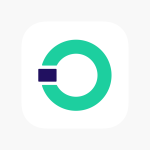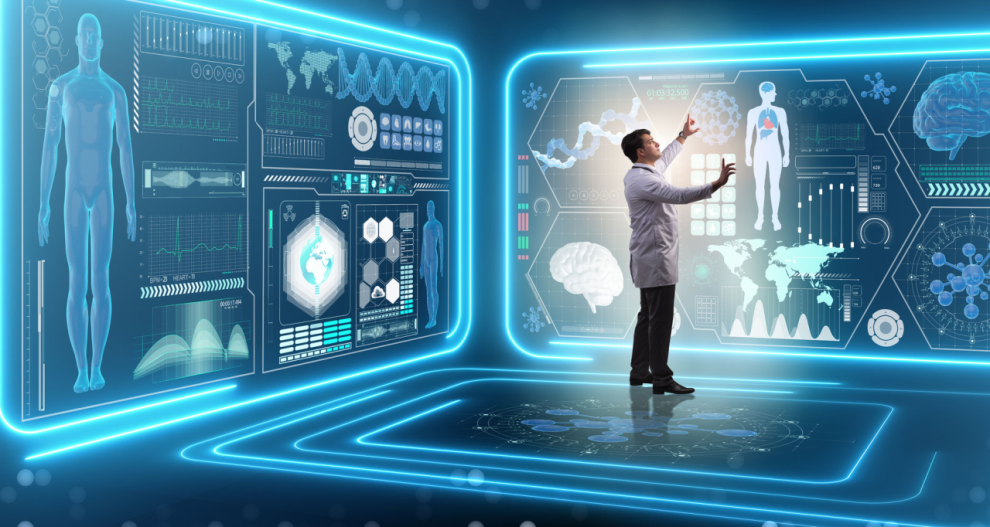The medical landscape is experiencing a seismic shift as cutting-edge technology redefines how we approach healthcare. From remote consultations to real-time monitoring, innovative tools are transforming treatment, prevention, and overall patient outcomes. Let’s explore some of the key players in this digital revolution:
Telehealth: Bridging the Access Gap
Telehealth platforms have shattered geographical barriers, providing access to specialists and consultations regardless of location. This is particularly impactful for rural or underserved areas, offering timely diagnoses and improved patient-doctor communication. Remote consultations also lower hospital visits, reducing costs and potentially curbing the spread of infections.
Wearables and Sensors: The Quantified Self
Wearables and other wearable devices empower individuals to actively monitor their health. From heart rate and sleep patterns to blood sugar levels and oxygen saturation, continuous data collection provides valuable insights for both patients and healthcare providers. This enables proactive health management, early detection of potential problems, and personalized interventions to prevent complications.
AI: The Intelligent Assistant
Artificial intelligence is rapidly transforming healthcare in diverse ways:
- Medical imaging analysis: AI algorithms can analyze X-rays, MRI scans, and other images with remarkable accuracy, aiding in faster diagnoses and improving early detection rates for diseases like cancer.
- Drug discovery and development: AI can analyze vast datasets to identify promising drug candidates, accelerating the research process and potentially leading to more effective treatments.
- Personalized medicine: AI can analyze an individual’s genetic and health data to tailor treatments and therapies for maximum effectiveness, ushering in an era of truly personalized medicine.

Challenges and Considerations
Despite the immense potential, challenges remain:
- Digital divide: Unequal access to technology and internet connectivity can exacerbate existing disparities in healthcare.
- Data privacy and security: Patient data collected by wearables and AI systems requires robust safeguards to ensure privacy and prevent misuse.
- Human touch and empathy: While technology enhances medical care, the importance of human interaction, trust, and empathy between patients and healthcare professionals must not be neglected.
The Future of Tech-powered Healthcare
The integration of technology in healthcare isn’t a passing fad; it’s a revolution in progress. As these technologies mature and overcome challenges, we can expect:
- Proactive and preventative healthcare: Continuous data from wearables and sensors will enable personalized health management, preventing diseases before they manifest.
- Real-time monitoring and remote care: Wearables and telehealth will allow for continuous monitoring of chronic conditions and provide remote intervention in emergencies.
- Precision medicine and personalized treatments: AI-driven analysis will lead to more targeted therapies and improved treatment outcomes for individual patients.
Healthcare is on the cusp of a transformative era. By embracing technology responsibly and addressing existing challenges, we can ensure that this digital revolution not only improves healthcare outcomes but also promotes equitable access and a healthier future for all.
















Add Comment